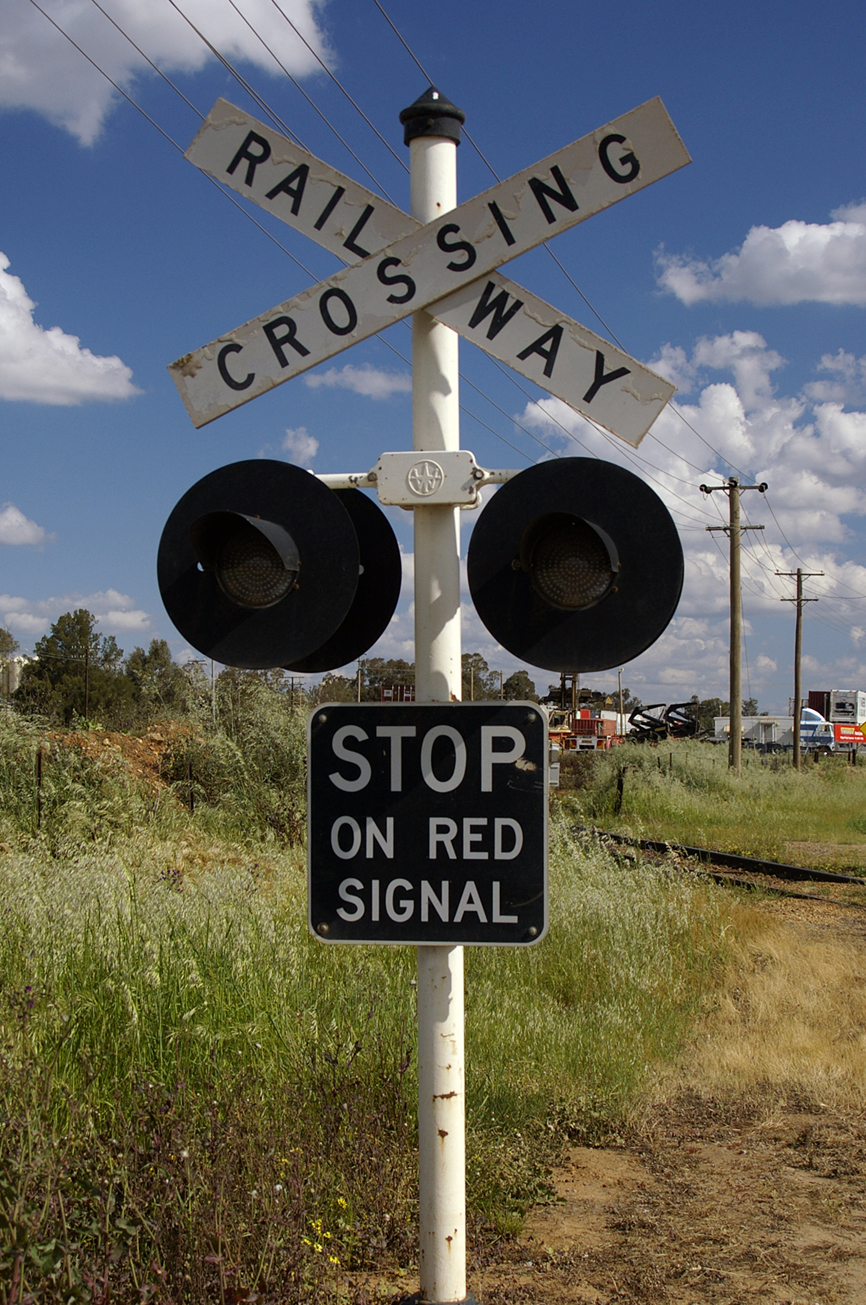My friend Allen was upset about something a club member had done, and he called a good friend of his to vent.
“You should write this all out in a letter,” the friend said after Allen had spewed his feelings for a few minutes. Allen agreed, and before they hung up his friend added, “Tell you what. Before you send that letter, call me up and read it to me.”
Allen sat down and wrote the letter, then called his friend and said, “Okay, I’ve got the letter written.” He read it over the phone while his friend listened. “It’s not bad,” the friend said. “But there’re a few things in there you might want to change.” He made some suggestions. Over the next few days, Allen rewrote the letter several times. Finally satisfied, he called his friend and read it to him once more over the phone.
“Does it say everything you wanted to say?” his friend asked. Yes, replied Allen, it did. “Good,” said his friend.
“Now I want you to tear it up and throw it away.”
Now that’s a good friend to have.
“Turn the other cheek” isn’t a cover for denying your feelings or wimping out. It’s a smart tactical tool for effective living.
Whether it’s with your spouse, or close family member, or a lifelong friend, or a colleague, there will likely come times when you are truly, deeply upset with another person who is important to you. How you deal with that upset can have an impact on that relationship that echoes for years.
Most of my adult life it’s been a struggle for me to find my way through major upsets. My native tendency is to avoid, stuff, and squelch them, or to blow up with them. Or both. (In that sequence.)
My conclusion after decades of fieldwork:
First: upset feelings are important. They’re part of who you are. Like the railroad sign that says STOP • LOOK • LISTEN, they’re doing all that clanging and flashing for a reason. Trying to ignore them or gloss them over, like a Botox of the emotions, is not only futile, it’s also dangerous. Bottled up feelings don’t go away, they fester, eating away at your inner tranquility and goodwill until it becomes gangrenous. Show me a marriage where the two parties never fight or argue, and I’ll show you a marriage headed for trouble. (No need to research that one further, I’ve done the fieldwork there, too. You’re welcome.)
The key to healthy negative emotions, though, is to have them; feel them; and then let them go.
Notice I said have them and feel them — and did not add “… and express them.”
It seems to me, the value of communicating negative feelings is often overrated. Sometimes expressing negative feelings is appropriate. Sometimes it’s important. Far more often, it’s neither. Or at least, it’s not necessarily important or helpful to express them to the other person involved.
I have more than once had an experience just like Allen’s, when I wrote a long, furiously detailed letter or email that I did not end up sending — and was so glad later on that I had not.
I needed to write the letter. The other person didn’t need to read it.
Just because an emotion is genuine, just because you truly feel it, does not necessarily mean it contains valid insight.
“I’m feeling angry at you” might be perfectly true for me, but that doesn’t mean you did anything wrong or that there’s anything wrong with you. It just means that’s how I’m feeling. Period. Putting it out on the table so you and I can look at it together may well give us ground for some good interaction and shared insight. Maybe. But hurling it at you like a lance or swinging it at you like a bludgeon isn’t the best way to start the process.
“The obsessive need to be right,” writes Eckhart Tolle in The Power of Now, “is an expression of the fear of death.”
It can also spell the death of a friendship, whether through one all-out spat or in little slights and barbs over time — a friendship’s version of the death of a thousand cuts.
Letting go of the need to be right, even the right to be right, may at some point be the key act of generosity that gives an important relationship the room, air, and sunlight it needs to flourish.


Once again, widsom. You the Mann! thank you.
You da Bodin! 🙂
So difficult to “know when to fold them,” the emotions and feelings that have made the hole in the soul. Such a Catch-22 what you are saying, John, as I agree and disagree. But what I have learned and experienced on my journey: the more healing that happened within myself, the need to send the letters became less and less. But, too, when I first began my journey, I did send the letters as I felt they needed to be sent. Not always the best choice I made and it had ramifications; but still needed to be sent when I was at that section of the road and the hole in my soul was so large.
Hi Gwen – I agree, there are times when it’s important to stand up for yourself. There are a few letters that I’ve written and sent, and felt good about it afterward, too! But most of the time, for me, venting at the offending person only has the effect ultimately of giving away my power to another.
A very inciteful message, and so thoughtfully expressed!
That would be “insightful” — Oops! (Wasn’t a Freudian goof!!)
Ha! I like it both ways: insightful, and inciteful! (Depending on what it incites, I suppose.) We should have saved this dialogue for tomorrow. You know. Freuday.